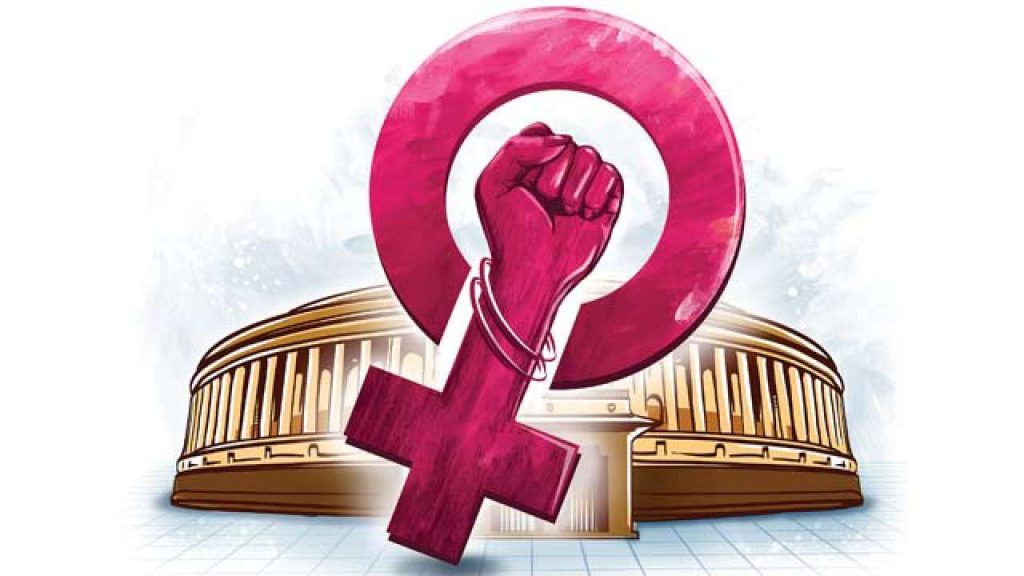Covid-19 cases cross 250 mark in India: Should you worry about JN.1 variant?
May 20
India is experiencing a modest uptick in COVID-19 cases, with 257 active infections reported as of May 19, 2025. This rise is attributed to the JN.1 variant, a sublineage of Omicron BA.2.86, which has also been identified in other Asian countries like Singapore, Hong Kong, China, and Thailand.
What is the JN.1 Variant?
JN.1 is a descendant of the Omicron BA.2.86 lineage, first detected in August 2023. It has approximately 30 mutations, including one in the spike protein that may enhance its ability to evade immune...


Comments
Write Comment